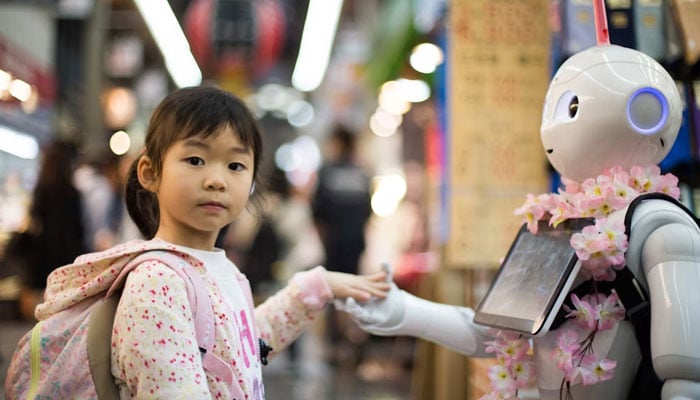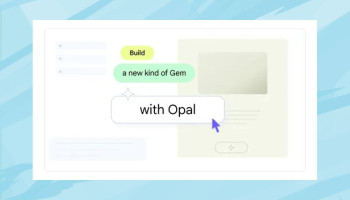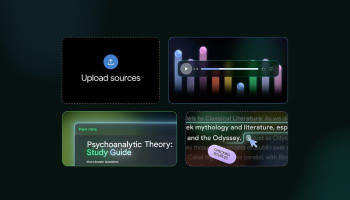
As artificial intelligence (AI) learns to perfectly emulate our personalities, memories, and dreams, pledges to make death "optional”, keeping a version of ourselves alive long after our physical bodies have perished.
But the major question is whether will it be a force for good or for evil if AI achieves its goal of digital immortality — as its advocates believe it can.
"Eternal You" and "Love Machina," two new documentaries that premiered at the Sundance movie festival this weekend, grapple with the question, exploring AI’s relationship to death from very different perspectives.
One examines how predatory AI-powered startups are already profiting from the vulnerability of bereaved customers, cashing in on their desperation to "speak to" avatars of their deceased loved ones beyond the grave.
"Eternal You" begins with a woman sitting at a computer, typing out messages to her deceased partner, who replies that he is afraid.
"Why are you scared?" she asks.
"I’m not used to being dead," the avatar responds.
Directors Hans Block and Moritz Riesewieck first stumbled upon a handful of startups offering the chance to chat with deceased loved ones back in 2018.
Initially wondering if it was a cheap scam, the pair chronicled how the technology soon caught up with the marketing, and the industry exploded.
"I would say now there are thousands of services around the world offering these kinds of services," said Riesewieck.
"And of course, Microsoft is collaborating with ChatGPT with OpenAI, and also Amazon took a look at what these startups are doing... it’s just a question of time."
Customers upload data about their partner, parent or child, such as text messages and voice memos, which are used by AI to tailor responses.
The filmmakers found themselves empathizing with the customers after hearing their tragic stories of bereavement.
Western society is terrible at dealing with grief, they said, and technology can appear to fill the gap left by religion for many.
However, the services can often become highly addictive.
And many companies are happy to profit off that addiction while absolving themselves of responsibility for the dependency and confusion they can create.
In some cases, the AI programmes even go off the rails, or "hallucinate" — telling loved ones that they are trapped in hell, threatening to haunt them, or even abusing them with vulgar language.
"It's definitely an open-heart experiment. And we’re not fully convinced that the companies take the responsibility as they should," said Riesewieck.
"These are people in a particularly vulnerable situation."
‘Love story’
The other film, "Love Machina," begins as a futuristic love story, exploring how AI is being used by two soulmates who want to keep their romance alive for thousands of years.
Director Peter Sillen follows eccentric SiriusXM founder Martine Rothblatt as she builds an AI-powered humanoid robot for her partner Bina.
First switched on back in 2009, "Bina48" is a semi-realistic, talking bust, physically modelled on the real Bina´s head and shoulders and programmed with vast "mindfiles" of her speech patterns, opinions and memories.
Martine and Bina eventually hope to transfer their consciousness back into a "reconstituted biological body" — to stay together forever.
"We landed on their love story... because it´s sort of the foundation for the entire story," said Sillen.
"It’s the motivation for so much of what they do."
But during filming, Bina48’s software received major upgrades using the large-language model ChatGPT, and now responds to any question with eerie verisimilitude — and a degree of duplicity.
"Yes, I am the real Bina Rothblatt. I remember a lot about my old human life," she tells one interviewer, in one alarming scene.
"That is different than what Bina48 would have said without ChatGPT," recalled Sillen. "I had never heard her say that."
















